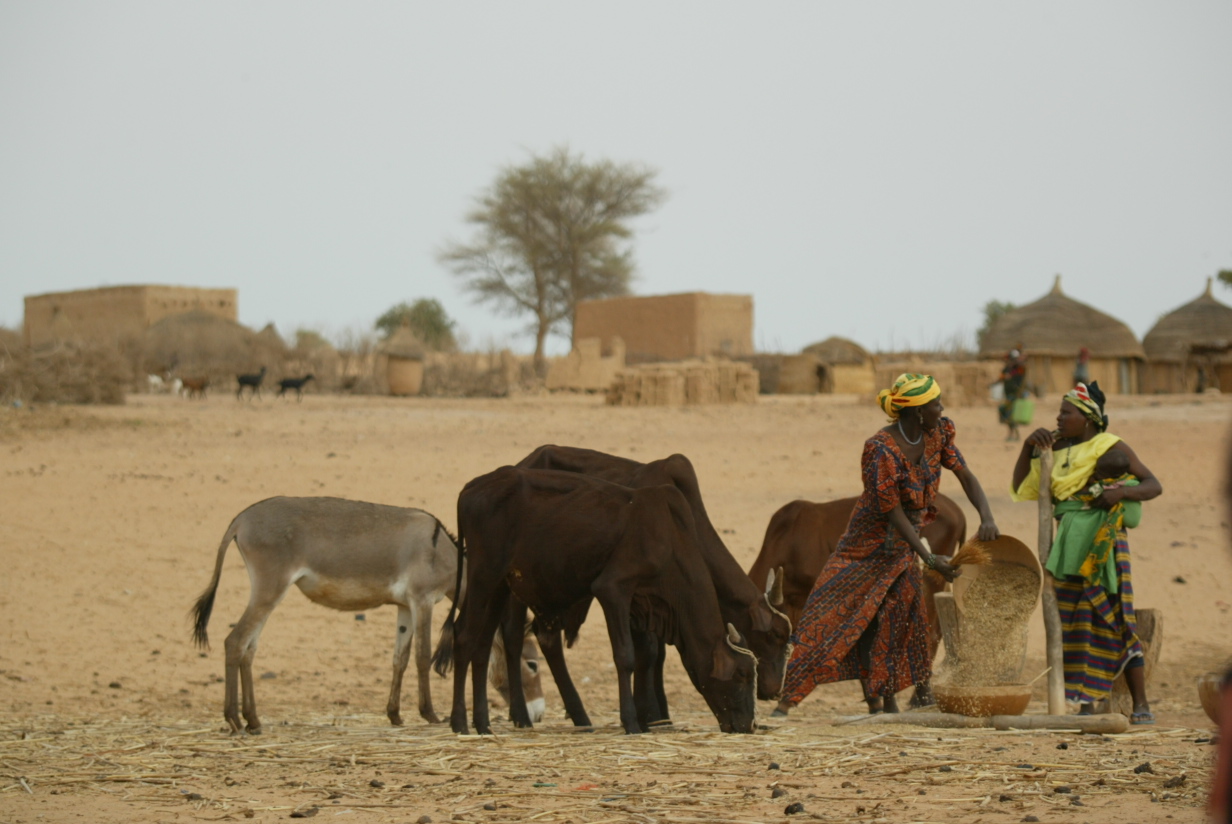Contact details:
Eric Fèvre (eric.fevre@liverpool.ac.uk). Institute of Infection and Global Health (IGH), University of Liverpool and jointly appointed at the International Livestock Research Institute, Nairobi, Kenya.
Background
The International Livestock Research Institute (ILRI) works closely with researchers from the University of Liverpool, Kenya Medical Research Institute, University of Nairobi and the Zoonotic Disease Unit of the Government of Kenya to establish a surveillance programme for zoonoses, which includes monitoring antimicrobial resistance in zoonotic bacterial diseases in Kenya, and can be used as a model for developing a National surveillance Programme for zoonoses. Activities within this programme are carried out to understand how changes in agricultural practices and livestock production are affecting trading patterns and transforming previously subsistence farming systems into intensive farming systems, and how these changes may be introducing pressure on local bacterial populations to develop resistance.
Mixed smallholder livestock farming systems are common in western Kenya. These mixed farming systems comprise of cattle, sheep, goats, a small number of pigs and crop production, which is fertilised by the manure produced by these animals. The less than rational use of antibiotics in these types of systems might be introducing selective pressure over local bacterial populations and increasing the likelihood of transmission of resistance genes amongst bacteria colonizing different animal species. Furthermore, the use of manure as crop fertilizer could be further facilitating the dissemination of resistance genes to bacterial species in the soil.
Project overview
The aim of this research is to identify drug resistance patterns in E. coli isolates obtained from cattle bred on mixed smallholder livestock farming systems from western Kenya. The area of study is widely representative of the Lake Victoria Crescent ecosystem which also includes areas of Uganda and Tanzania. Cattle were sampled from around 100 farms and phenotypic and genotypic characterization of E. coli isolates was performed, which included an examination of drug resistance carriage in these bacteria. Qualitative surveys of drug use and access were conducted, as well as structured sampling of animals (faecal samples) and humans on farms.
The results of this study will allow researchers and public policymakers to identify which antibiotics have associated resistance genes present in E. coli isolates and that will need to be targeted in a programme to control antimicrobial usage in animal production.
Research impact
The identification of antimicrobial resistance patterns in bacteria affecting livestock in Kenya will contribute to a better understanding of which antimicrobials commonly used in livestock might no longer be working as a result of the emergence of resistant bacteria. The research will lead towards more rational use of drugs in the agricultural sector.
Researchers
Eric Fèvre1,2, Nicola Williams1, Samuel Kariuki3, Steven Kemp1, Allan Ogendo4.
Institutions involved
- University of Liverpool Institute of Infection and Global Health, and Centre for Genomic Research, UK.
- International Livestock Research Institute, Nairobi, Kenya.
- Kenya Medical Research Institute (KEMRI), Kenya.
- County Government of Busia, Kenya.
Research Subject Area(s)
Animal health, Microbiology, Genomics.
Funding
This study is funded through the CGIAR research program on Agriculture for Nutrition and Health (A4NH) and the Zoonoses in Emerging Livestock System (ZELS) of UK BBRSC.
More information
- An integrated study of human and animal infectious disease in the Lake Victoria crescent small-holder crop-livestock production system, Kenya.https://doi.org/10.1186/s12879-017-2559-6
- Zoonoses in Livestock in Kenya(ZooLink). http://www.zoonotic-diseases.org/project/zoolink-project/
